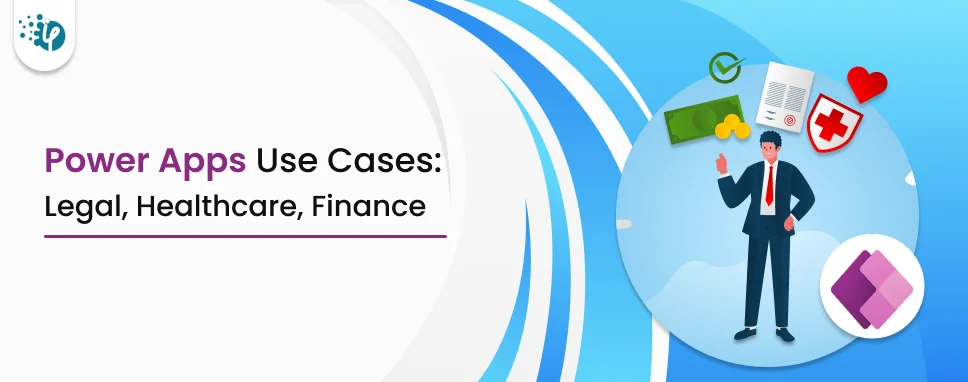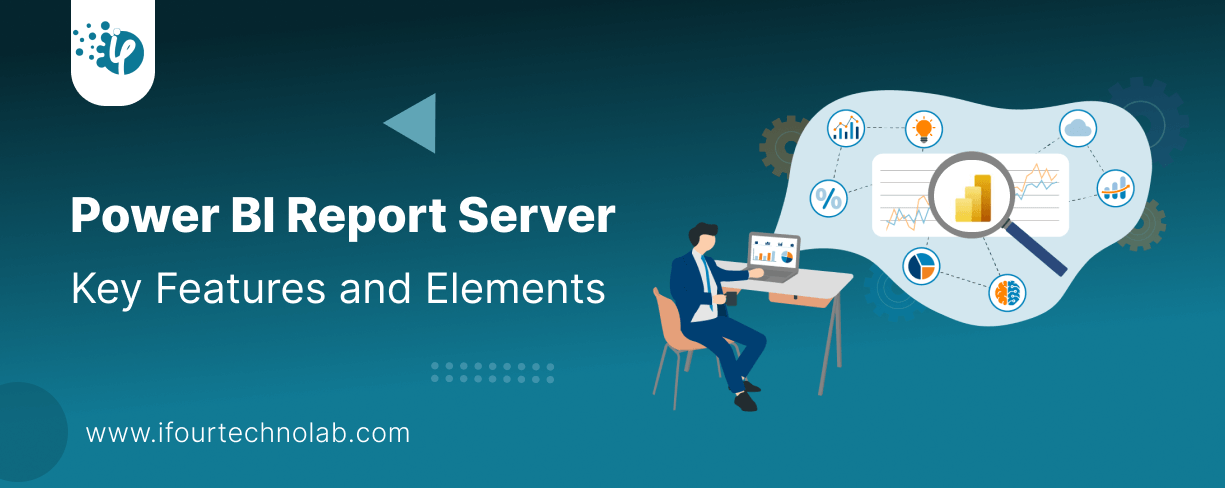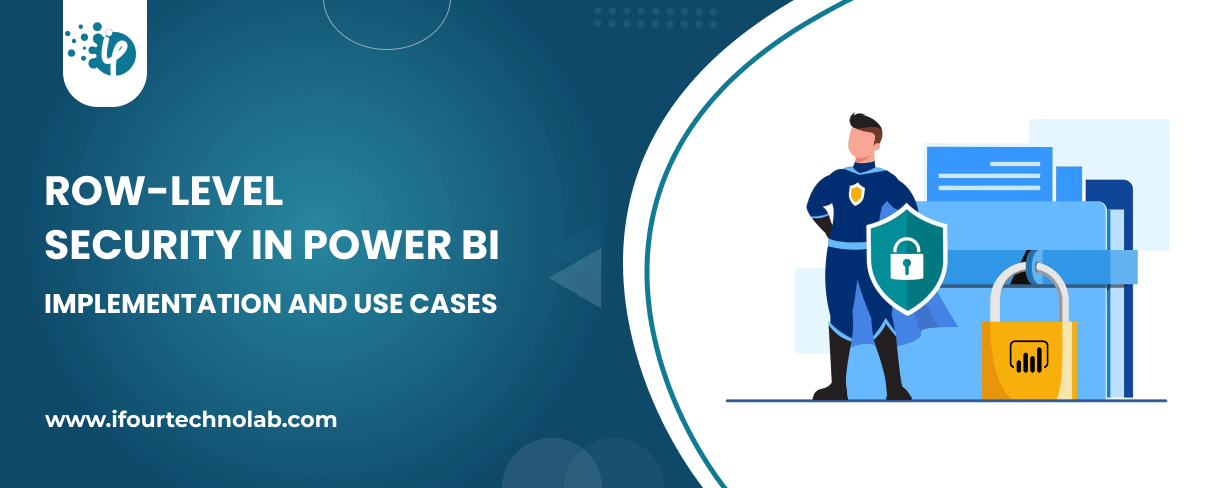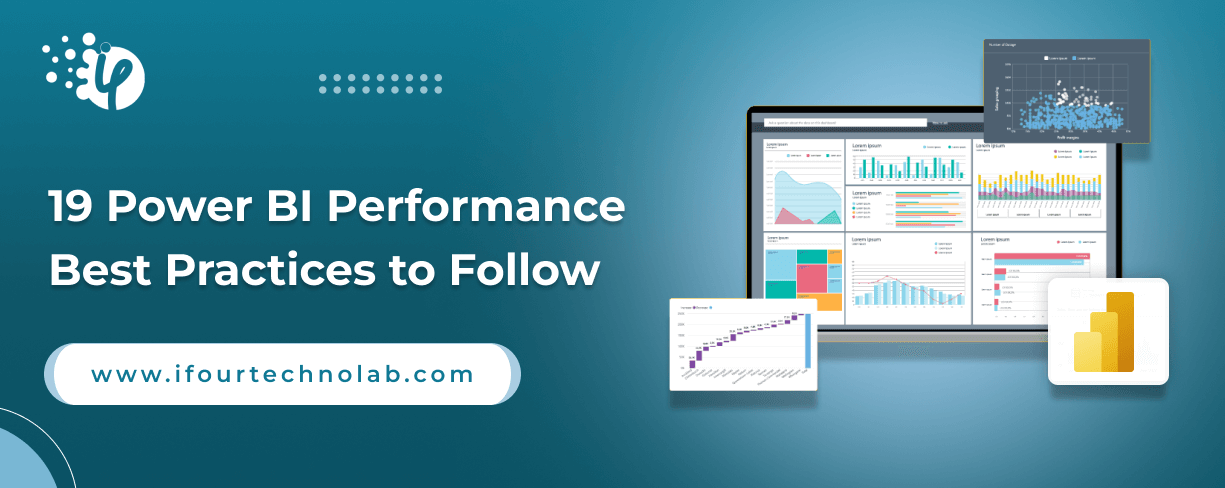Power BI Report Server: Key Features and Elements
Every CTO knows the struggle of managing complex reports. The inefficiency of scattered data, the constant juggling between reporting tools, the challenge of ensuring accurate KPIs...
Kapil Panchal - June 12, 2024
Listening is fun too.
Straighten your back and cherish with coffee - PLAY !

Microsoft Power Apps has been a go-to choice for those who require rapid apps be it for Healthcare, Education, FinTech, or Legal.
This platform is cost-effective and is well-known for its quick app development, which is why executives at the C-level prefer Power Apps consulting company to keep up with rapid deployments.
In this blog, we will discuss the practical use cases of Power Apps across various industries – Healthcare, Finance, and Legal and add more clarity on its importance.
Microsoft Power Apps allows CTOs to create a variety of business solutions - from easy-to-use data management apps to complex integrated systems quickly and easily.
Before making a move, it is important to learn the core requirements and the kind of application you want. This is because MS Power Apps generally has three types, each with a unique purpose and features.
(1) Canvas Apps: Used to design custom, flexible apps with a drag-and-drop interface as per your requirements.
(2) Model-driven Apps: Used to build robust apps based on your data model and business processes for a more structured solution.
(3) Portal Applications: Used to create external-facing websites that allow users to interact with your data and services securely.
Power Apps provide various functionalities such as workflow management, automation, data visualization, reporting, and collaboration. Use cases of Power Apps range from doing simple tasks to complex processes and it can be used via a mobile app, website, or integrated tools like Microsoft Teams.
With Power Apps, you can build forms and applications to collect and manage data from different sources. This is particularly useful for field services, and inspections, allowing real-time data capture and synchronization. Companies can build an app for employee management where they can submit leave requests, expense reports, and access to company resources and policies, enhancing efficiency and reducing administrative burdens.
You can take advantage of Power Apps to build solutions for inventory management, sales tracking, project management, and more.
Let’s have a look at the 20 use cases of Power Apps across multiple industries like Legal, Healthcare, and Finance.
Legal firms can use Power Apps for several prospects, streamline operations, and get help with data-driven decision-making. Let’s get to know how legal workers can benefit from Power Apps.
Let’s consider an example
A law firm specializing in real estate planning can use Power Apps to automate the generation of wills, trusts, and other legal documents. For that, it captures client details and preferences through an initial interface by accelerating the document drafting process and improving client service.
With the adoption of Power Apps, finance sectors can achieve their operational excellence and deliver exceptional customer experience. Let’s get to know the Power Apps examples in the finance industry.
Let’s consider an example
Imagine a big company uses Power Apps to deal with expenses. Employees use the app to record what they spend on work trips, attach receipts, and send them off. Then, their boss gets a message to check and approve it. Eventually, this ensures everyone gets paid back quickly.
Let’s consider an example
For Example, a financial services firm develops a Power App dashboard that adds data from various sources, including accounting systems and market databases. Portfolio managers can use this dashboard to track investment performance, stay updated on market trends, and make well-informed decisions.
For example, one can create budgets for various initiatives, monitor their spending, and receive alerts when their expenditure exceeds predetermined limits. It aids in their prudent financial management.
Example:
Suppose a manufacturing company implements a Power App for managing invoice processing and accounts payable. Suppliers submit their invoices electronically through the app, where relevant data is automatically extracted. The app then directs the invoices for approval, allowing finance teams to promptly review and approve them. This accelerates the payment process, fostering stronger vendor relationships and enhancing overall efficiency in financial operations.
Example:
A bank uses a Power App for loan applications. Customers apply for loans online, and the app helps the bank check if they can give the loan. It makes the process faster for everyone.
Using Power Apps, healthcare providers can build an app tailored to their certain needs for better patient management, communication, and data accessibility. Let’s check out the use cases of Power Apps in Healthcare.
Example:
A healthcare organization implements Power Apps for appointment scheduling. Patients can access the application to view available appointment slots, select a convenient time, and book appointments instantly. Receptionists and healthcare staff can manage appointments seamlessly, reducing waiting times and improving patient satisfaction.
Example:
Let’s say a telemedicine provider employs a Power App to remotely monitor patients with chronic illnesses. Patients utilize wearable devices to track their vital signs, which are then automatically transmitted to the Power App. Healthcare providers can access this data in real-time, allowing them to monitor the health status of patients and promptly intervene if any abnormalities are detected.
Example:
A hospital creates an app to effectively manage its medical supplies and equipment. Through this app, the staff can easily monitor inventory levels, receive timely notifications for low-stock items, and generate purchase orders whenever necessary. This streamlined process guarantees that the hospital maintains sufficient stock levels, minimizes wastage, and enhances inventory control.
Example:
A dental clinic adopts a Power App for patient registration and consent forms. Before their appointments, patients use the app to electronically fill out registration papers and consent agreements. This increases data accuracy, reduces the need for paper forms, and strengthens adherence to privacy laws.
Example:
Using Power Apps, healthcare workers may securely interact, exchange patient updates, and access medical records by using the app. This facilitates better coordination of patient care, fosters cooperation, and speeds up emergency response times.
Power Apps play a pivotal role in simplifying any business, whether it's in the legal, education, IT, healthcare, or financial field. They make developing apps faster and easier. These apps are used for many different tasks, such as managing cases, monitoring patients, and processing invoices. These are just examples of Power Apps, however, their uses can vary across different operations.
In this blog, we have explored the best use cases of Power Apps and have discussed some of the best examples of how they can be applied. We have also looked at the basics of canvas, model-driven, and portal apps, and how each of them helps to simplify processes and encourage innovation. I hope this helps you learn something new.
If you are looking for a reliable Power Apps Consulting Company, then iFour is right here to help you. We have a decade-long experience and can assist you with tailor-made low-code applications for your business. Reach out to us to learn more.
Use cases of Power Pages include corporate websites, e-commerce websites, community portals, and more to interact with common data service sources. It can be used in many sectors like education, healthcare, legal, e-commerce, etc.
More than 6000 companies from different industries are customers of the Power Apps to improve their workflow capabilities, particularly in data integration and business process automation.
Yes, Power Apps is extensively used in the industry to upgrade app development with low-code/no-code solutions, allowing for quick prototyping, and enabling smooth integration with current systems. Its user-friendly interface and ready-made templates empower companies to build customized applications, thus advancing digital transformation efforts in various sectors.
Power Apps benefits businesses by facilitating the quick development of personalized applications with minimal coding, enhancing operational productivity, and reducing development expenses. The user-friendly interface allows individuals to design, launch, and oversee apps that cater to their unique requirements, boosting productivity and work efficiency.
Companies are using Power Apps to create an app that addresses business processes and everyday workflow needs. From automating manual processes, and streamlining workflows, to enhancing collaboration across departments, Power Apps can go beyond to provide you with innovative solutions.

Every CTO knows the struggle of managing complex reports. The inefficiency of scattered data, the constant juggling between reporting tools, the challenge of ensuring accurate KPIs...

The very first reason why you should implement Row Level Security is to foster trust, a crucial element for any business's success. Next, it reduces data clutter and helps you load...

The performance of Power BI is significantly influenced by two essential factors: design consistency and the rapid loading of BI elements. This holds true whether you choose Tableau...